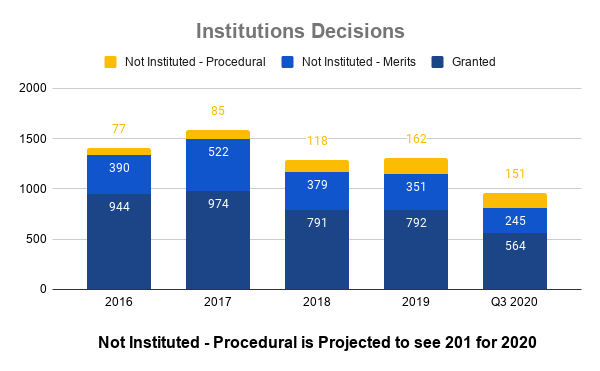Unified is pleased to announce the addition of Ellyar Barazesh to its growing team of patent attorneys and IP professionals. Ellyar, as Senior Legal Counsel, comes to us by way of WilmerHale and Finnegan, Henderson, Farabow, Garrett & Dunner, with a wealth of experience and technical expertise to assist Unified’s ever-expanding mission to deter patent abuse wherever it is found.
Additional information about Ellyar is available below as well as under the Team section of Unified’s website.
Ellyar Barazesh, Senior Patent Counsel
Ellyar prepares and litigates post-grant proceedings before the PTAB for Unified Patents. Prior to joining Unified, Ellyar practiced at Stoel Rives LLP and Wilmer, Cutler, Pickering, Hale, and Dorr LLP, where he focused on post-grant proceedings and district court litigation. He also prepared and prosecuted utility and design patent applications, and developed non-infringement and invalidity opinions. During law school, Ellyar was a Student Associate/Patent Agent at Finnegan, Henderson, Farabow, Garrett & Dunner LLP, where he focused on patent prosecution matters. He was also a Patent Examiner at the U.S. Patent and Trademark Office. Ellyar's experience spans a broad range of electrical and mechanical technologies, including computer memory, software, data processing, image and video coding, medical devices, business methods, optical systems, automotive electronics, and footwear. Ellyar earned his J.D. from Georgetown University Law Center, where he received the Leon Robbin Patent Award, and his B.S. in Electrical Engineering from the University of Minnesota, Twin Cities.






